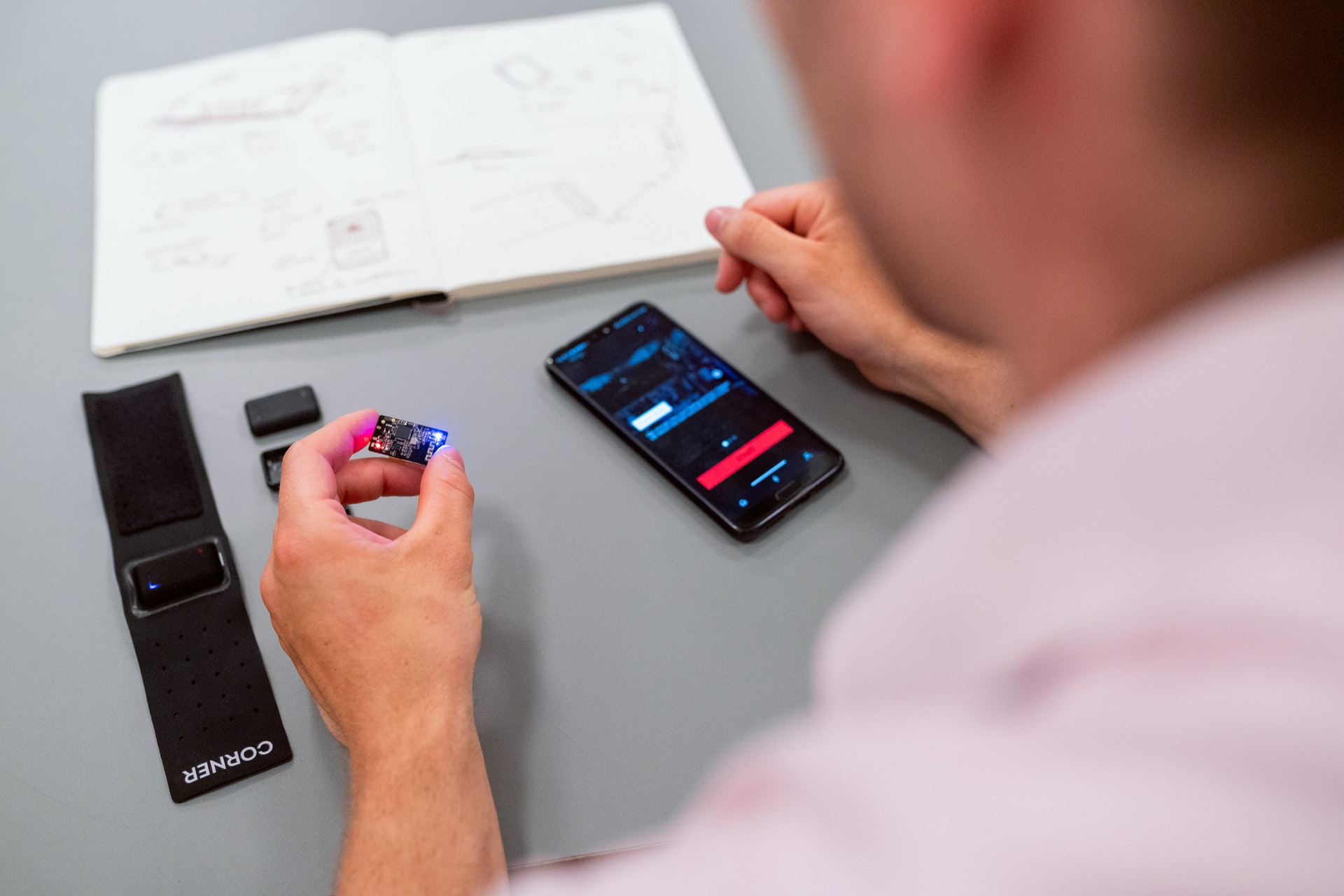What I Do
Research
My research interests focus on how production and consumption change due to the development of new sustainability and technology paradigms. These topics I primarily approach from the angle of an operations management researcher, but seek to integrate current advances in strategy and marketing to contribute to shape the future of business and management.
Collaborate
Beyond my work in the university, I also collaborate with researchers and educators engaged in their own projects. Here I lend my own expertise, particularly in the area of (quantitative) research designs, structuring academic work, and academic writing and style.
Teach
In my role as an educator, I empower the future leaders of business to make transdisciplinary decisions underpinned by rigorous thinking and a full consideration of their various stakeholder inside and outside of the organisation. These skills I foster through my engagement in two broad teaching areas - operations management and research methods.
Supervise
As a supervisor of student-led research projects I fulfil a variety of roles. Central to my thinking are the goals of the individual. The opportunity to conduct research at Bachelor and Master level may be used to forge a career path, acquire new skills or answer burning questions. Here I guide and advise my supervisees to enable them to achieve their respective goals.









